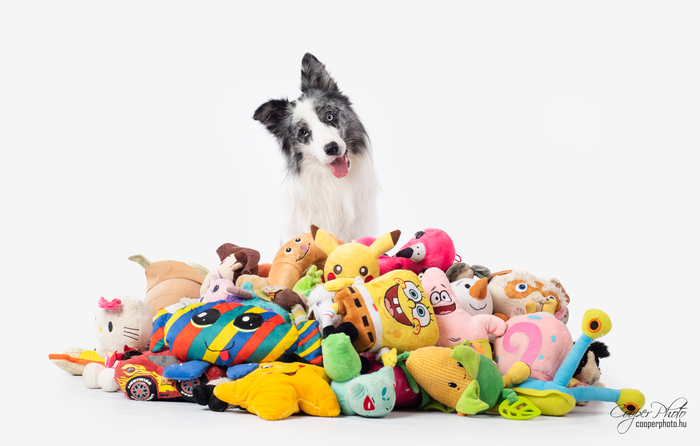Study sheds light on why dogs do cute ‘head tilt’
That adorable sign may be an indication that canines are trying to process and memorise commands from humans

Your support helps us to tell the story
From reproductive rights to climate change to Big Tech, The Independent is on the ground when the story is developing. Whether it's investigating the financials of Elon Musk's pro-Trump PAC or producing our latest documentary, 'The A Word', which shines a light on the American women fighting for reproductive rights, we know how important it is to parse out the facts from the messaging.
At such a critical moment in US history, we need reporters on the ground. Your donation allows us to keep sending journalists to speak to both sides of the story.
The Independent is trusted by Americans across the entire political spectrum. And unlike many other quality news outlets, we choose not to lock Americans out of our reporting and analysis with paywalls. We believe quality journalism should be available to everyone, paid for by those who can afford it.
Your support makes all the difference.The cute head tilt that some dogs do when their human companions talk to them could be linked to how they process and memorise commands, according to a new study.
While the canines’ adorable head tilt may sometimes seem like a sign of blank bewilderment or confusion, researchers from the Eötvös Loránd University in Hungary said this could actually be an indication the canines are trying to concentrate and pay more attention to messages from their human companions.
The study, published in the journal Animal Cognition on 26 October, sheds more light on canine behaviour by assessing how well 40 dogs of different breeds could memorise the names for different toys and retrieve those specific toys when they were commanded to.
Researchers also analysed videos from another study that found that not every dog could learn the names of toys after three months of intensive training.
In the previous study, toys were placed in one room, while human companions and researchers were in another room. Dogs were then asked to fetch a specific toy after the companion called out the name of the toy.
They found that some gifted word learner (GWL) dogs could learn the names of multiple toys without much effort, while typically many dogs were unable to learn the names of even two toys.
“Tilting the head is yet another asymmetrical movement in dogs, but it had never been studied,” Andrea Sommese, lead author for the study, said in a statement.
“We investigated the frequency and direction of this behaviour in response to a specific human verbal vocalisation: when the owner asks the dog to bring a toy by saying its name,” Dr Sommese explained.
Over the course of the two studies, the researchers found that seven of the 40 dogs were GWLs, while the rest were termed “typical” dogs by the study.
When scientists further probed the head-tilt gestures of the dogs, they found GWLs tilted their heads upon hearing the command to fetch a named toy very often, compared to the typical dogs.
The side towards which the GWLs tilted their heads was stable for each individual across the experiments and was not influenced by the position of the human companion, the scientists said in a statement.
“It seems that there is a relationship between success in retrieving a named toy and frequent head tilts upon hearing its name. That is why we suggest an association between head-tilting and processing relevant and meaningful stimuli,” Shany Dror, a co-author of the study, said.
Since the study only investigated head-tilt gestures only when human companions asked dogs to fetch named toys, the scientists warned that the results could not be extrapolated to situations not tested in the research.
“It is important to refrain from thinking that only Gifted Word Learner dogs tilt their heads in other situations not tested in this study,” Andrea Temesi, another co-author, added.
The scientists said further research is needed to determine the generalisability of the results to other breeds.
Join our commenting forum
Join thought-provoking conversations, follow other Independent readers and see their replies
Comments